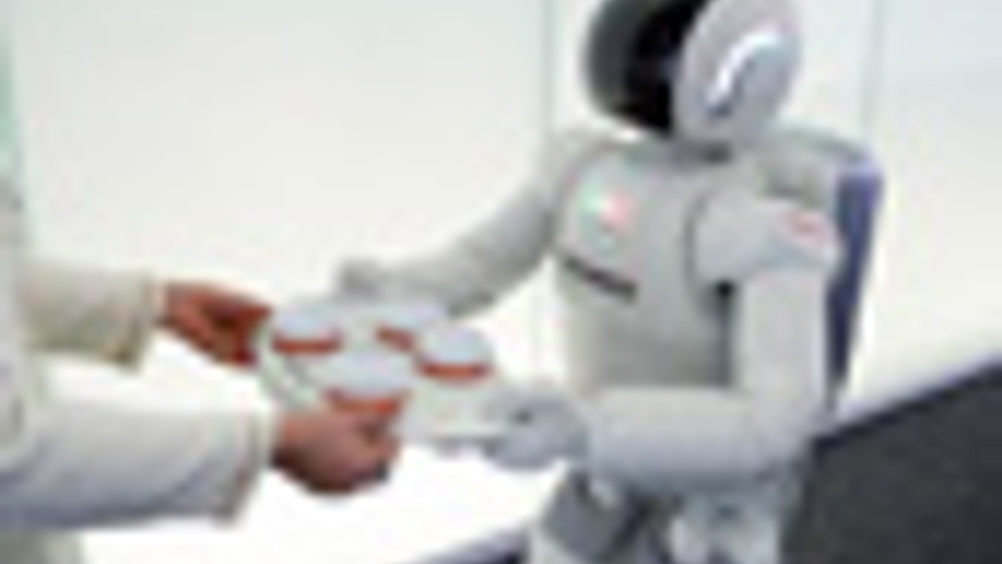Model behaviour
Dr Gianmarco Veruggio says a European robotic charter to address ethical issues is essential.

Robotics is rapidly becoming one of the leading fields of science and technology. Soon humanity will coexist with a new class of technological artefacts.
Robots can help humans with several activities and solve many problems, from amusing youngsters to safeguarding our planet. While not all these applications will raise ethical, social or psychological problems, as in every other field of science and technology, sensitive areas will open up. It is the responsibility of scientists and technicians who work in the field and understand the technology to face these new social and ethical problems.
As robots are applied to society in ever greater numbers, they will trigger widespread social and economic change, for which public and private policy must now prepare.
Technological change continually disrupts employment patterns, and machines have already replaced people in a variety of jobs. This trend will increase as machines become more intelligent. When they have the ability to think, reason, and interact more with their environment we will lose our advantage over them. They will be able to perform tasks faster and with more accuracy than any person.
Register now to continue reading
Thanks for visiting The Engineer. You’ve now reached your monthly limit of premium content. Register for free to unlock unlimited access to all of our premium content, as well as the latest technology news, industry opinion and special reports.
Benefits of registering
-
In-depth insights and coverage of key emerging trends
-
Unrestricted access to special reports throughout the year
-
Daily technology news delivered straight to your inbox










UK Enters ‘Golden Age of Nuclear’
The delay (nearly 8 years) in getting approval for the Rolls-Royce SMR is most worrying. Signifies a torpid and expensive system that is quite onerous...